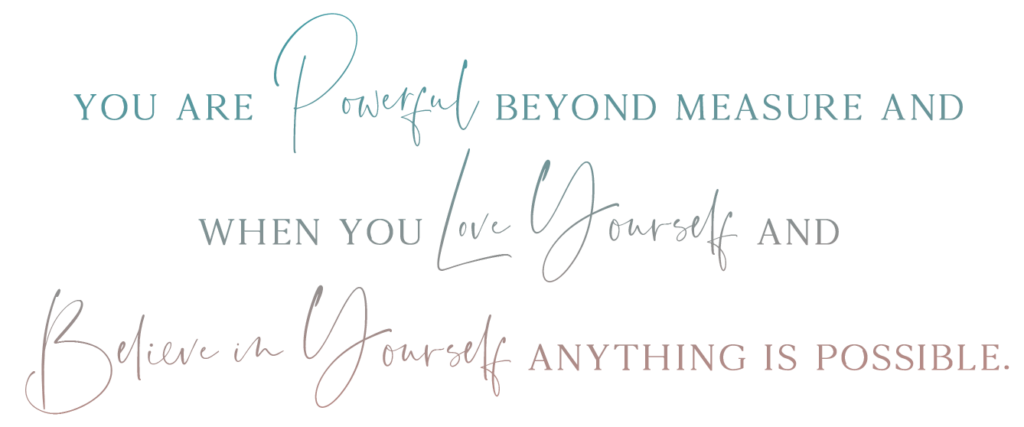A diagnosis of a condition that causes chronic pain can be a truly life-altering experience. It’s shocking. It’s scary. It’s often confusing. The most important thing for you to know right now is that it is manageable. No matter how apprehensive you are about your future at this very moment, you will learn how to cope and things will get better. Here’s what you can do right now.
Take a breath and let the shock subside.
Your first challenge is to overcome the shock of the initial diagnosis. This is easier said than done, but if you allow yourself to feel — really feel — the wide range of emotions that come with it, you can begin to move on.
“You may feel you’re on a roller coaster of emotion — accepting one day, and angry the next. It may help to remind yourself that these feelings are normal, and will likely ease with time,” says the American Psychological Association. It’s okay to feel mad, scared, and even numb. Your plan of action can commence when you hit the acceptance phase of your emotional journey.
Start by creating a peaceful, stress-free home environment.
It’s hard to manage chronic pain in a hectic, cluttered, disorganized, stressful home. Since you spend the majority of your time in your home, it’s vital that you make it as peaceful as possible.
First, take some time to declutter, organize, and in some cases, downsize. Get rid of (or donate) items that you simply don’t use. Go through your closets and pare down your clothing collection by donating anything that you haven’t worn in a calendar year. Organize the clutter that rests on your tables and floor with organizational aids like stylish buckets, bins, wall cubes, and chests (more on that here). Check out this guide on great ways to make your home stress-free.
And once you’ve de-cluttered, you’ll have room in your home for a meditation space. Mindful.org notes that meditation is a tried and true method of coping with chronic pain. It may not actually reduce the pain you’re feeling, but it will teach you how to better cope with it. Your response to your pain is what you can control. Fill this meditation space with calming things – visuals, smells, and textures. Pro tip: make your meditative space one that’s filled with natural light.
Then move on to lifestyle changes.
There are many chronic pain sufferers who are able to manage their pain with prescription medication, and there are some who cannot. Even if you use medication to help deal with your pain, you can’t rely on it alone. You must make some lifestyle changes if you want to manage your condition in a healthy manner.
The first step is to limit the use of the big three: nicotine, alcohol, and caffeine. Smoking and excessive drinking exacerbate the symptoms of most chronic pain-causing conditions, and caffeine has also been shown to do the same (it can increase inflammation as well as interfere with restful sleep). During this time, many people also look for natural ways to help decrease inflammation, and some have found success with CBD oil. What’s more, cannabidiol can help alleviate feelings of anxiety, which often tend to accompany chronic pain. Of course, talk to your doctor before you begin taking CBD oil, and do plenty of research to find the best type of oil.
Another natural remedy for pain and anxiety is yoga. This ancient practice gives you an opportunity to connect with your mind and body. It also offers gentle stretching for your muscles, which can go a long way toward easing discomfort. When accompanied by meditation, yoga is a powerful and effective weapon against your own reaction to pain, and boosts your ability to control your feelings toward it. For even more relief, consider Reiki healing, which involves moving energy throughout the body to promote emotional and physical healing.
Next — and this is a lifelong commitment — is to focus on a healthy diet. This should be one that’s mostly whole foods (unprocessed), with a limit on red meat, dairy, and sugar and an emphasis on anti-inflammatory foods like fish and vegetables.
This is how you get started on dealing with chronic pain – something that you may have for years or even a lifetime. It’s not a sentence. It’s hard, but in the end, it can be an opportunity to refocus your life on being healthy, mindful, and stress-free.
By Guest Blogger: Jackie Waters
Photo by Vladislav Muslakov on Unsplash



 Gracefully put yourself first
Gracefully put yourself first